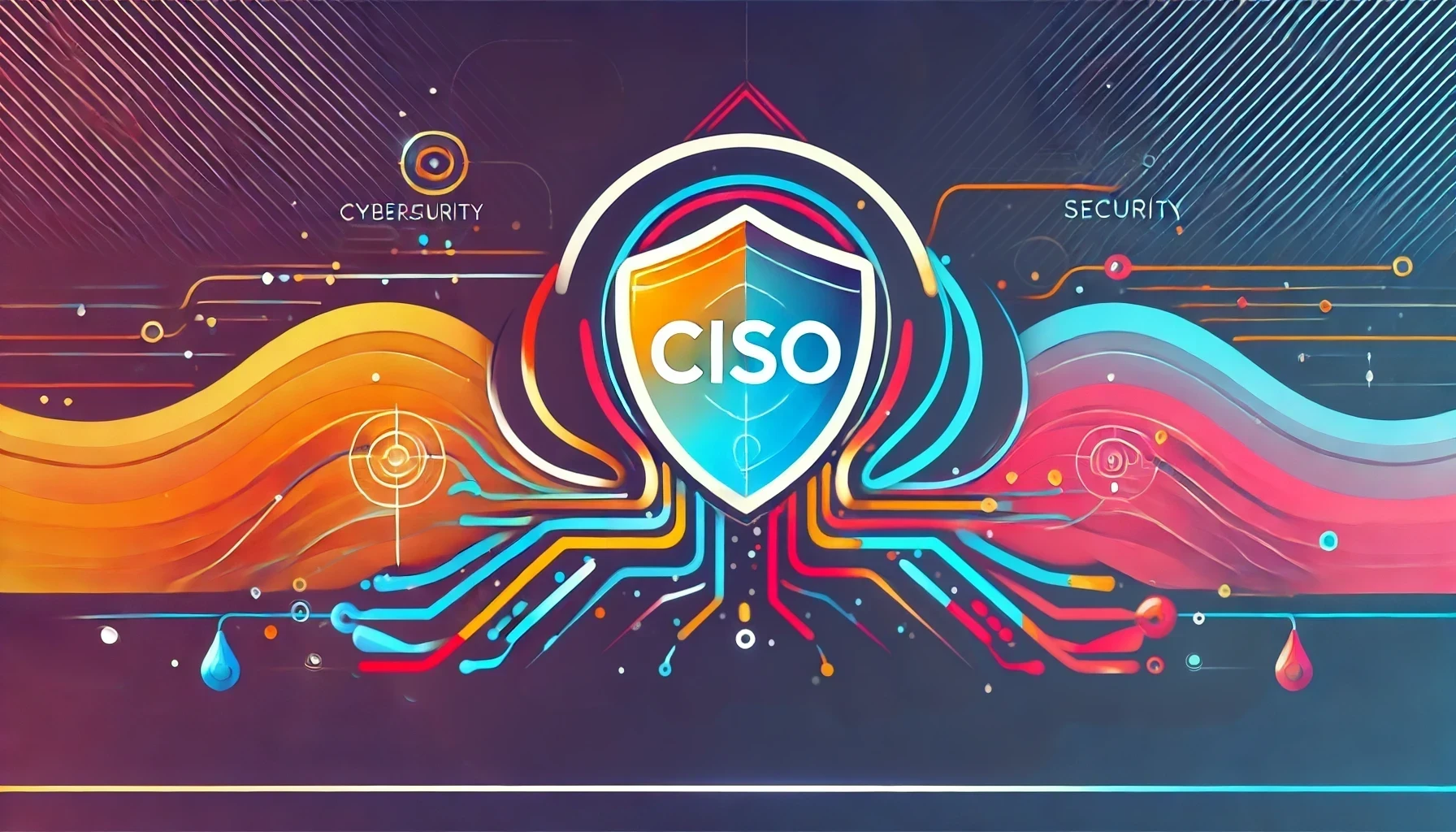In his book “Sapiens: A Brief History of Humankind,” Yuval Noah Harari wrote, “We did not domesticate wheat. It domesticated us.” This line highlights the idea that the natural world has a profound impact on human society and culture, and that humans are not always in control of the forces that shape our lives. This concept can also be applied to the world of technology, where the potential for innovation and progress is enormous, but so are the risks and pitfalls.
Technology has the potential to shape human society and culture in profound ways, just as wheat did. However, if we are not careful, we risk being “domesticated” by technology, rather than being in control of it. One of the key pitfalls of technology is the potential for it to become a tool of oppression and control, rather than a tool of liberation and progress. For example, facial recognition technology has the potential to be used for mass surveillance and control, rather than for improving our lives.

Another pitfall of technology is the potential for it to exacerbate existing inequalities and social divisions. The digital divide, where certain populations lack access to technology, is a significant challenge that needs to be addressed. In addition, technology has the potential to reinforce existing biases and discrimination, such as in the case of algorithmic decision-making.
If we are not mindful of these pitfalls, we risk being “domesticated” by technology, rather than using it to improve our lives. Therefore, it is important for us to think critically about the role that technology plays in our lives and to consider its broader social and cultural implications.
One way to address these challenges is to ensure that technology is developed in a way that is responsible, ethical, and human-centered. This means considering the potential impact of technology on society and culture, and working to address any potential risks and pitfalls. It also means ensuring that technology is accessible to all, and that it is designed to promote equality and social justice.
Fostering a culture of innovation and creativity that encourages responsible and ethical use can greatly help in dealing with these challenges. This requires promoting entrepreneurship and innovation that is focused on making positive changes in the world. By embracing a human-centered approach to innovation, we can ensure that our efforts are responsible and ethical.
Another way to overcome the challenges of technology is through education and awareness-raising. By educating people on the potential risks and pitfalls of technology and providing them with the skills and knowledge they need to make informed decisions, we can create a society that is better equipped to navigate the complex world of technology. This includes promoting digital literacy, cybersecurity, and data privacy, as well as initiatives to promote access to technology and digital inclusion.
By taking a holistic approach that emphasizes responsible innovation, education, and awareness-raising, we can ensure that our use of technology benefits society as a whole. While technology has enormous potential to improve our lives, it also poses significant risks and challenges. However, by working together to address these challenges and promote responsible and ethical use of technology, we can create a brighter future for everyone.
The line “We did not domesticate wheat. It domesticated us” offers a valuable lesson for the world of technology. If we are not careful, we risk being “domesticated” by technology, rather than being in control of it. Therefore, it is important to think critically about the role that technology plays in our lives, and to work to ensure that it is developed in a way that is responsible, ethical, and human-centered. By doing so, we can use technology to improve our lives, rather than being controlled by it.







